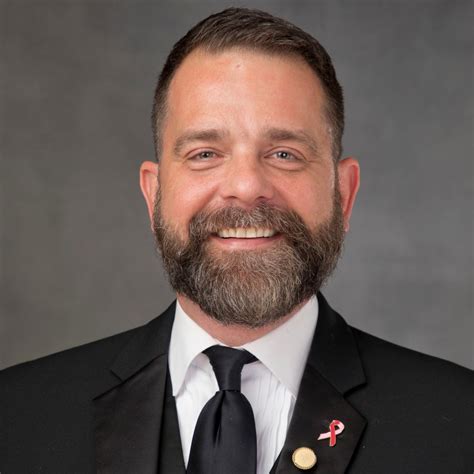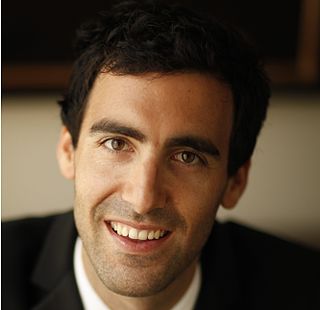A Quote by Chris Campbell
Related Quotes
I've been very fortunate to be at the startup of a lot of different things. I was the startup of the Pancrase organization in Japan. Became a big figure over there. Then I was in the UFC and was at the startup of that, and I was a big figure in that. Twice. Not only in the beginning but also when it was taken over.
For a long time, I've ranted against naming your startup community 'Silicon Whatever.' Instead, I believe every startup community already has a name. The Boulder startup community is called Boulder. The L.A. startup community is called L.A. The Washington D.C. startup community is called Washington D.C.
Being a startup entrepreneur is not for everybody and it’s not the only desirable career choice. I also know that many people have families and cost obligations that don’t allow the kinds of financial risks associated with starting a company. And for others the hours, stresses and sacrifices in personal relationships are not worth it.
Because of my age and what I do for a living and the amount of time that I've spent away from my family and loved ones, I'm starting to relate more to the late-period Kerouac stuff in the way that I once related to the fun and excitement of the early material. There's a darkness inside of me that I'm only now starting to come to grips with and accept. And it's starting to scare me.





























